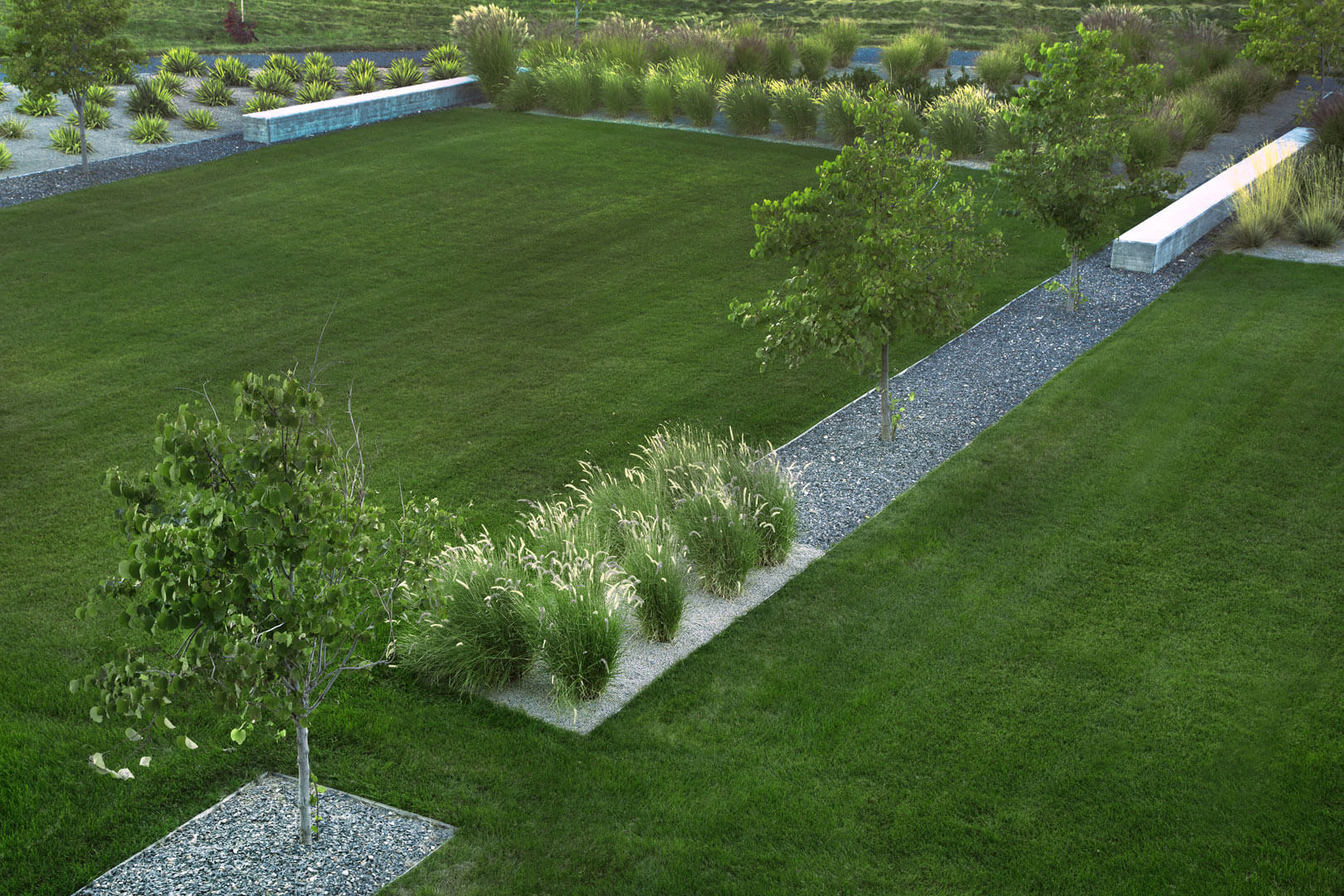The traditional landscape architect is a generalist.
Being part of an often misunderstood and under-appreciated profession, landscape architecture firms often produce long lists of services. They do this as an effort to demonstrate the breadth of what they can do to add value to your project. On the average website you’ll see long lists of services like this:
- Site feasibility and yield studies
- High performance site planning
- Land development approvals
- Waterfront design
- Park and playground design
- Complete streets, streetscape design, and traffic calming
- Landscape planting and irrigation design
- Landscape restoration design
- Rooftop garden design
- Site lighting design
- Water feature design
- Community outreach
Other firms adopt the somewhat vague and general terms to imply that they do much more than landscape architecture. You’ll see this all-too-common trio of general services offered:
- Landscape Architecture
- Land Planning
- Urban Design
These habits make selecting the best fit landscape architecture firm very difficult for clients.
The bottom line is that the more general and wide-ranging landscape architects are about their services, the more they undervalue the profession. It’s the typical landscape architect’s affinity for broad generalism that has led to the proliferation of “vanilla” landscape architecture firms across the country. Countless firms look, act, and speak in the same general manner with very little distinction between them.
In today’s world of growing cultural, economic, and climate concerns, landscape architecture firms do have the potential to create impact and generate value for clients. But to do so, they must position themselves as experts by narrowing their claims of expertise. In short, they need to have a strong point of view.
Expert landscape architecture firms are needed to solve problems and pave the way for the future of the built environment. As firms strive to differentiate themselves from the many generalists in the profession, they will deepen their understanding of the craft and become innovators instead of followers.
Staking Narrower Claims of Expertise
The road to demonstrating more value begins with staking narrower claims of expertise. Consider the following concepts from Blair Enns, an expert on the business side of creative professions.
- The narrower our claim of expertise, the more integrity we earn.
- By staking a narrow claim we build the credibility for the client to assume we have capabilities beyond our claim, whereas a broad claim generates the opposite reaction.
- The client knows the great difficulty of amassing broad expertise, and when such a claim is made he assumes our true expertise, if any, must be much smaller than what is declared.
Perhaps a reason landscape architecture firms struggle to communicate their value is because they market the entire breadth of the profession of landscape architecture as their services. Consider the growing complexity of the world and the many unique scenarios requiring a landscape architect’s perspective. It is no longer useful nor believable to claim expertise in everything that fits under the massive umbrella of landscape architecture.
There is just too much to know. One could spend an entire career laser-focused on irrigation design. Or urban agriculture. Or historical preservation. And there would still be more to learn.
The Future of Successful Landscape Architecture Firms
Landscape architecture firms will succeed in the future as they adapt to the unique conditions of the world and the regions where they practice. They’ll need to stay ahead of clients’ needs and those of the end user.
It requires focus to stay current on the latest innovations. The interesting thing is that it won’t necessarily be the firms that have the most talent or resources that will lead the future of the profession. It will be the ones with the most focus. They will be the ones who will lead innovation. Not because they are smarter or more creative, but because they have positioned themselves for success.
Designing Outdoor Living Experiences
At Loft Six Four we focus on helping urban multifamily real estate developers create immersive rooftop and outdoor living experiences. By positioning the firm in this manner, we’ve gone from handling a wide range of design projects to almost exclusively working on rooftop amenities and other urban outdoor living spaces. This has given us the opportunity to delve deeper into what makes a rooftop amenity space successful.
As with any focused area of work, we know there is always more to get to know and explore. Our work has become more exciting and interesting for us – and much more valuable to our clients. They get the benefit of knowing they are working with an expert, not a generalist. We’re able to provide insight and creative solutions to their design challenges that we otherwise would not have known.
Going Deep on Expertise
Despite common doubts, going deep on expertise does not limit a firm’s wide range of creative activity. By limiting a broad range of landscape architectural services to a select few, the firm enters a new realm of knowledge and expertise. It is like going from a world of black and white generalities to a new one of vivid technicolor.
It’s more exciting to be on the cutting edge of one subset of the landscape architectural business, than to be on the tail end of all others. Landscape architecture firms should do more to adapt to the rapidly changing world by establishing a focus and working hard to deepen their expertise. That is how landscape architecture will provide the most value to the world in the future.
